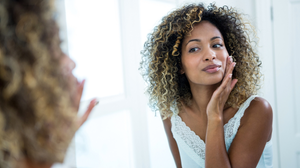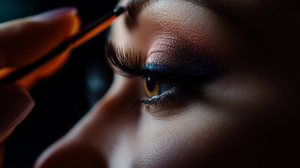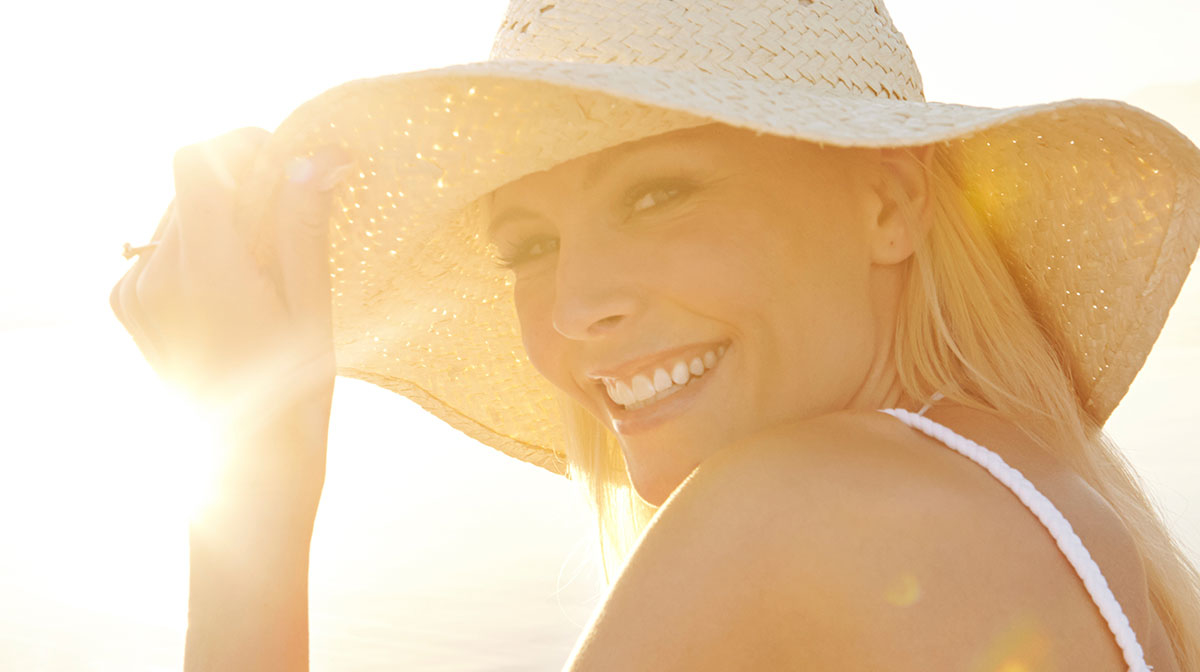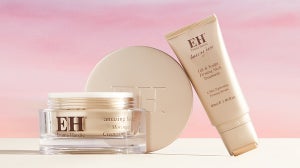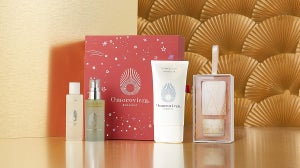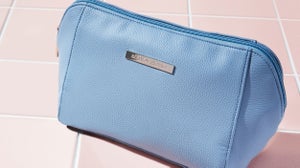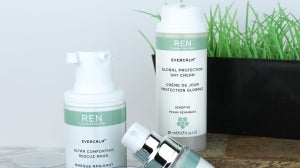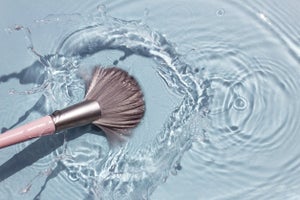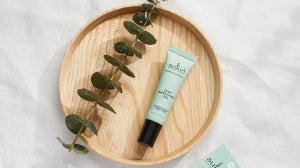
It’s Sun Awareness Week and as the sun as finally arrived, we want to remind you to take care of your skin this summer. Sun Awareness Week is an annual campaign that has been designed to educate people on the best ways to prevent cancer by protecting their skin from the harmful UV rays. The unpredictability of our summers can often lead to many of us thinking that we won’t get sunburn, especially with the climate being so unchangeable. However, with the majority of the nation in the UK having fair skin, even a small amount of sun exposure can actually damage the skin. To help diminish some of this uncertainty, we’ve teamed up with our Resident pharmacist to help answer some of the popular questions when it comes to sun care…
What is sun protection factor (SPF)?
SPF or Sun Protection Factor is the the level of sunscreen protection against harmful UVB rays. The sun emits ultraviolet rays which are made up of three types; UVA, UVB and UVC. SPF protects your skin against the UVB rays which plays an important role in conditions such as premature skin ageing, eye damage (including cataracts), and skin cancers.
What should I be looking for when buying an SPF?
Look for a sunscreen that's suitable for your skin type and one that blocks out UVA and UVB radiation.
Make sure the sunscreen label includes the letter "UVA" in a circle logon & has at least 4-star UVA protection
At least an SPG 15 suncreen to protect against UVB - again this will depend on your skin type.
Make sure the product is not past its expiry date
What’s the difference between UVA & UVB protection?
They key difference between UVA and UVB rays is their wavelengths - with each penetrating the skin's surface at a different level. UVA rays are much longer and as a result, are able to reach much deeper into the skin. Its these UVA rays are now thought to contribute to sunburn, skin cancers and photo ageing. UVA rays remain at a relatively stable level of intensity all year round and can even penetrate through glass. UVB rays on the other hand are sometimes considered with the sun's burning rays and are most associated with sunburns. UVB rays are strongest during the day and between the months of April and October and between the hours of 10am and 4pm.
What are the SPF and star rating?
SPF is associated with the level of protection a sunscreen provides against UVB rays and is labelled between 2-50+, with the higher number indicating more protection. In the UK, UVA protection is measured with a star rating - ranging from 0-5 stars. Again, the higher the number, the better the protection.
How long can I stay in the sun?
It’s understandable that people want to make the most of their time in the sun but it's really important to take care of your skin too. As well as using appropriate sunscreen, dressing appropriately (hats/long-sleeved shirt/sunglasses), and making use of the shaded areas is a great way to enjoy the weather. Listen to your body and keep yourself hydrated throughout the day too.
Should I reapply sunscreen if I swim?
Sunscreens should definitely be reapplied more regularly if you are swimming and going in and out of the sun all day. A general rule is to re-apply every 2-4 hours as the sunscreens are not designed to last you all day. If you know you will be in water then make sure to choose a ‘very water resistant’ sunscreen.

Related Articles
